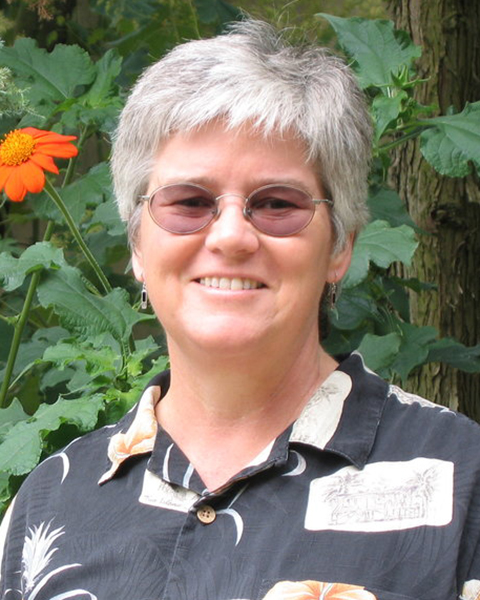Sally Floyd, an inventor of Random Early Detection, has died

CS alumna Sally Floyd (M.S. ’87/Ph.D. ’89, advisor: Richard Karp), best known as one of the inventors of Random Early Detection (RED), an active queue management scheme widely credited with saving the internet from collapse in the 1990s, has died at age 69. Floyd graduated from Berkeley with a B.A. in Sociology in 1971 and, after taking a two-year course in electronics at Meritt College, spent the next decade working as a computer systems engineer at BART. She returned to Berkeley as a graduate student in 1984 and was known as an outstanding advisor to members of the CS Reentry Program, a department project which prepared “older” women and minorities, who had bachelor’s degrees in non-technical fields, for competitive admission to graduate STEM programs. The creation of the RED algorithm, which was built on work started by Van Jacobson in the 1980s, founded the field of Active Queue Management (AQM). Floyd and Jacobson’s 1993 paper describing how RED could control congestion on the internet continues to play a vital role in its stability and has been cited in more than 9,100 articles. “That’s truly huge,” said Prof. Vern Paxson, who had been mentored by Floyd as a graduate student, “up there with the most fundamental papers in computer networking.”